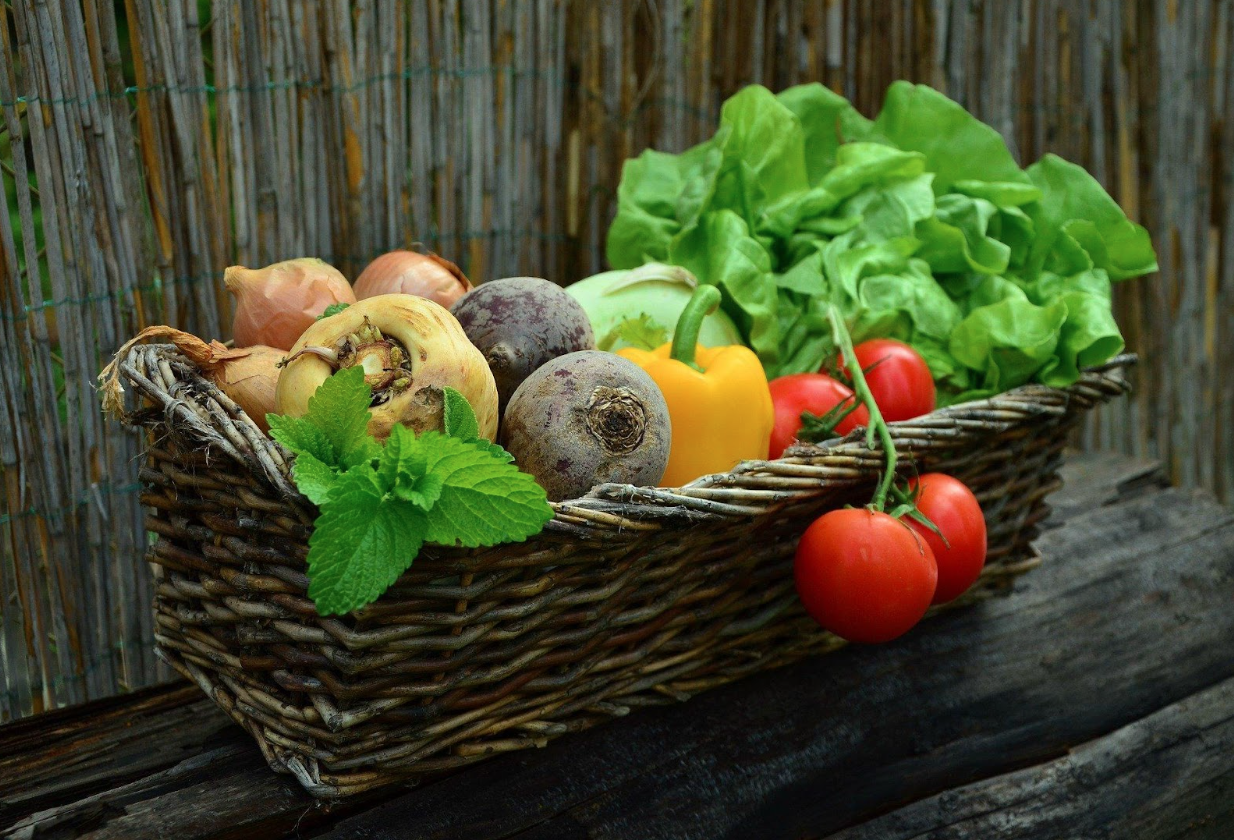You only have to win: vegetables give you satiety, balance food’s glycemic index, and stimulate intestinal functioning. They also help lower cholesterol, protect against cardiovascular disease, and strengthen the immune system.
Vegetables are low in calories and high in vitamins, minerals, and fiber.
The World Health Organization (WHO) pointed out regular fruits and vegetables as essential in protecting and preventing chronic non-communicable diseases. Recent studies show a significant association between adequate consumption of these foods and lower mortality risk from obesity, diabetes, cardiovascular diseases, degenerative diseases, and neoplasms.
Vegetables are sources of complex carbohydrates, dietary fiber, vitamins, and minerals, essential for the proper functioning of the body and the prevention of diseases, in addition to being the primary sources of antioxidants that protect from damage caused by free radicals and toxins.
Incorporate Veggies Into Breakfast
Here are ways to incorporate veggies into your breakfast:
Bread with Vegetables
Several bread recipes include vegetables, such as broccoli, beet, or carrot bread. There are also vegetable cakes and pies, which can eventually replace bread.
Reinforced Omelet
Having an omelet for breakfast means starting the day with a good portion of protein. Enjoy and mix chopped vegetables and greens such as spinach, zucchini, eggplant, and celery. It works with scrambled eggs too.
Vitamin Juice
Boost your juices with vegetables like beets, carrots, and cucumbers. The famous green juice, made from cabbage or lettuce, is rich in vitamins and minerals.
Colored Tapioca
You can make tapioca gum from vegetables or legumes. Quick Recipe: Blend 1 beet with 2 cups of filtered water in a blender. Mix the juice with 250 grams of sweet sprinkle, leave it in the fridge overnight, and take it to the frying pan.
Soup
Soups are best prepared with fresh vegetables such as potatoes, carrots, chayote, cabbage, and lean protein such as chicken. It supplies the body with energy, essential vitamins, and fibers that stimulate bowel motility.
Vegetable Appetizer
Carrot, cucumber, and celery strips combine with curds and hummus and can also be a good option for breakfast.
Sweet Potato
Sweet potatoes are considered starchy vegetables. Rich in carbohydrates, it is a healthy energy source and can be consumed cooked or roasted.
Substitute For Yogurt
Boiled yams mixed with fruit, such as mango, banana, or strawberry, are an excellent substitute for yogurt and a great alternative for lactose intolerance.
Fruit and Vegetable Salad
You can use the traditional fruit salad base and include a grated carrot or beetroot, naturally sweeter-tasting foods. Throw some granola on top, and it’s perfect.
Conclusion
Eating fruits and vegetables daily is essential for anyone looking for a healthy lifestyle. Fruits and vegetables are foods with few calories and a good supply of vitamins and minerals – essential nutrients for the proper functioning of the body.
Those who consume fruits and vegetables regularly show an increased disposition and reduced risk of diseases such as hypertension and diabetes. In addition, these foods are very versatile and can be consumed raw and cooked in juices, savory preparations, and sweets.
